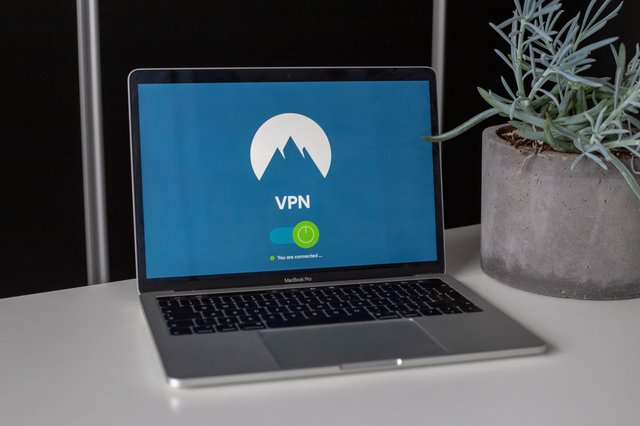A publication by Cybersecurity Ventures reported that cyber-crime costs would sharply rise in 2020. These costs will rise from $3 trillion in 2015 to $6 trillion in 2020. The increasing cost of the cybercrime process that cyber-criminals have expanded their interest from large businesses to small and medium-sized businesses (SMBs).
While large businesses can afford to fork out millions for sophisticated cybersecurity, small businesses need to identify their top threats and deal with them appropriately. Some of the threats facing small businesses include:
Ransomware
Ransomware is one of the top cyber threats for small businesses. That is why you need to to research when choosing the best Canadian online casino. In ransomware, the attackers infiltrate your system and hold your data and devices at ransom by encryption. The attackers demand payment via Bitcoin in return for the decryption code.
Malwarebytes recently released a report that revealed that the rate of consumers being targeted by ransomware had significantly gone down, and malware attacks on small businesses had gone up. The detection rate in businesses in the first quarter of 2019 went up to 9.5 million from 2.8 million in the first quarter of 2018, nearly a 340% hike.
Phishing
Phishing is an old scam, which still manages to dupe victims every time. Phishing attacks involve sending fraudulent emails to businesses and purporting to originate legit sources such as financial institutions. The emails come with an attachment or link, which, when clicked on, leads you to a fake website mimicking the legit website. Once there, the site asks you to input your data, such as passwords and usernames.
Data Breaches
Data breaches occur when hackers get access to your system and leak your business’s confidential data. A data breach is a cause of ruin for many businesses as it causes loss of sensitive data as well as reputation and possibly lawsuits filed by the affected customers. Online casinos go through many measures to make sure data is safe. For more information on the best AU online casino you can do a few searches to find what suites you best.
Security tools to protect your business against cyber-crimes
While many entrepreneurs may assume that downloading an antivirus is enough to protect a business, it is of interest to note that in 2020, it may not be enough. There are better tools that provide more security for a business.
VPN subscription

As hackers get more sophisticated in their attacks, businesses need to be more vigilant and take extra precautions. Many businesses invest in a VPN for data encryption. The app creates a secure tunnel between your system and the internet. It encrypts your data to prevent any snooping from eavesdroppers on your system, especially when most employees have to work remotely and log in from various locations.
Vulnerability Scanner
A vulnerability scanner is used to inspect and identify security holes or any points in a system of computers that can be exploited by hackers. A vulnerability scanner detects weaknesses in a system, classifies, and predicts how effective the countermeasures are.
Email Security
Email security for small businesses refers to procedures that protect your business’s email accounts and their contents from unauthorized access. Most email providers make use of security measures to protect their clients’ accounts from cybercriminals.
Anti-spyware Installation
Anti-spyware secretly follows your business activities online to spy on what you type on your computers, such as usernames, passwords, etc. Anti-spyware software works by detection and elimination of threats such as keyloggers. If you already have anti-spyware installed, update the software to stay up to date with new malware. You can also install a network firewall to control the incoming and outgoing traffic.
Limit access and block some sites
Ensure you limit online access to certain information to only a few people, lowering the chances of security breaches. Blocking some sites from view also lessens any chances of spyware and virus-carrying websites from being accessed within your network. Blocking these sites as well as updating your antivirus software, as mentioned previously, also reduces your chances of being hacked.
Conclusion
Small businesses are being hacked left, right and center because of not prioritizing security, or avoiding the expense that comes with it. Large corporations cough millions of dollars for securing their businesses. As a small business, you do not have to match the large businesses, but instead, identify your vulnerabilities and secure them accordingly without spending a fortune.
No matter how small your business is, the information it holds is valuable to you and hackers. To avoid lawsuits and potential business ruin, it is of the utmost importance that you prioritize cyber-security. It may make or break your business.
